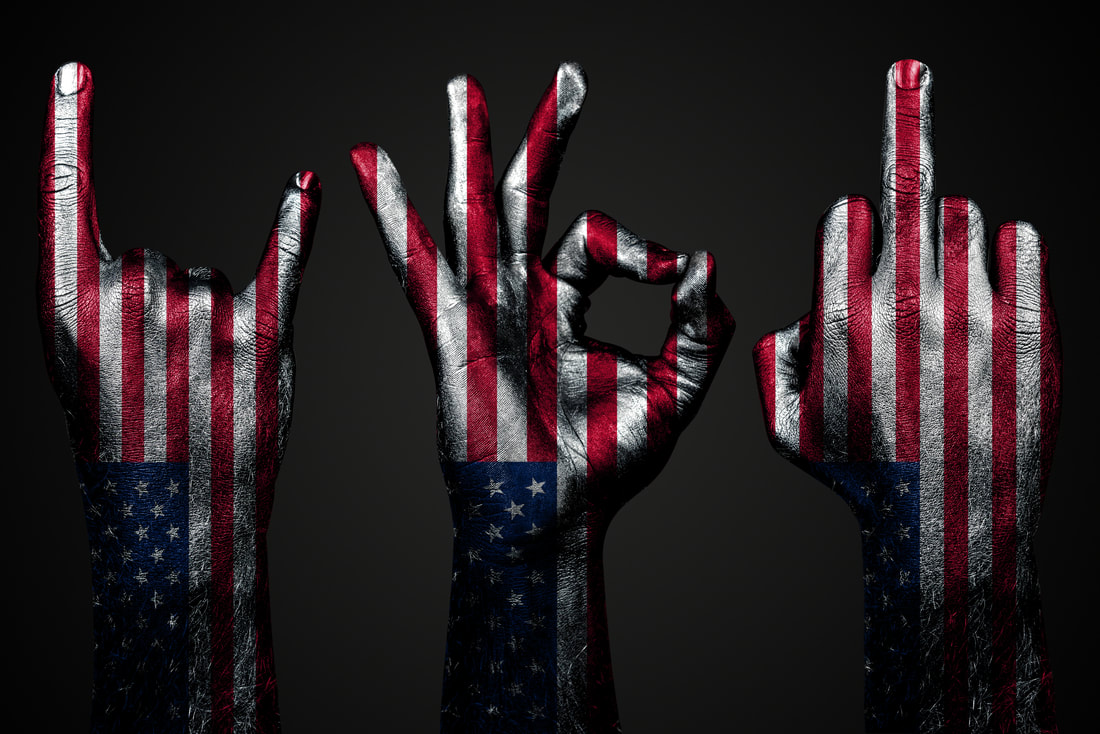|
(February 11, 2022, 6:33 PM EST) -- The federal government told a D.C. federal court it has reached a tentative agreement to end advocacy groups' lawsuit over the diversion of federal funds for the southern border wall and is nearing an agreement with environmental groups and tribes bringing similar claims.
In separate status reports Thursday, the federal government and the plaintiffs that brought three distinct lawsuits updated the court that they have reached, or foresee reaching soon, settlements to end the litigation. The government is close to wrapping up its settlement talks with one group of plaintiffs made up of the Center for Biological Diversity, Defenders of Wildlife, and Animal Legal Defense Fund, and the parties are "optimistic" that an agreement can be reached, according to the status report in that suit. The litigation brought by four bands of the Kumeyaay Nation and several affiliates is in a similar spot, according to the status report filed by the parties. They told the court "discussions at this time are focused on a small number of remaining issues that the parties are working in good faith to resolve amicably." And as for the other coalition of advocacy groups, which includes the Rio Grande International Study Center, Labor Council for Latin American Advancement and California Wilderness Coalition, they "have reached an agreement in principle" to settle their case, the court was told Thursday. All the parties asked the court to set a March 25 deadline by which they will either move to dismiss the suit or submit filings to advance the litigation, which will either be supplemental briefs in support of their pending cross-motions for summary judgment or an amended complaint. The environmental and advocacy groups' launched their suits after then-President Trump made an emergency declaration in February 2019 and subsequently redirected $6.7 billion in Department of Defense and Treasury funds for border wall construction. The groups said through that move, Trump misused his emergency authority to get around the congressional appropriations process. The tribes sued to stop construction of the barrier through their ancestral lands in Southern California months later, alleging violations of the Religious Freedom Restoration Act, the Illegal Immigration Reform and Immigrant Responsibility Act, and other laws in a September 2020 complaint. The advocacy groups' suits have been paused since Feb. 2021 in light of one of President Biden's first executive actions being to pause construction and redirect the funding his predecessor had funneled into building the wall. The White House's budget request for fiscal year 2022 similarly excluded funding for the project. The tribes had appealed the lower court's order that denied their bid to block construction until the government engaged with them. But in April, the tribes voluntarily dropped the appeal, saying they have reached an agreement with the U.S. Department of Homeland Security. The environmental groups are represented by Brian Segee of the Center for Biological Diversity. The other advocacy groups are represented by Sarah H. Burt of Earthjustice. The tribes are represented by Frank S. Holleman and Colin Cloud Hampson of Sonosky Chambers Sachse Endreson & Perry LLP, Whitney A. Leonard of Sonosky Chambers Sachse Miller & Monkman LLP and Mark Radoff of the Sycuan Tribal Government Legal Department. The federal government is represented in the three suits by Andrew I. Warden and Michael J. Gerardi of the U.S. Department of Justice's Civil Division. The cases are Center for Biological Diversity et al. v. Trump et al., case number 1:19-cv-00408, Rio Grande International Study Center (RGISC) et al. v. Trump et al., case number 1:19-cv-00720, and Manzanita Band of the Kumeyaay Nation et al. v. Chad Wolf et al., case number 1:20-cv-02712, all in the U.S. District Court for the District of Columbia.
0 Comments
Leave a Reply. |
HISTORY
April 2024
Categories |
© Walk 4 Change. All rights reserved.


 RSS Feed
RSS Feed